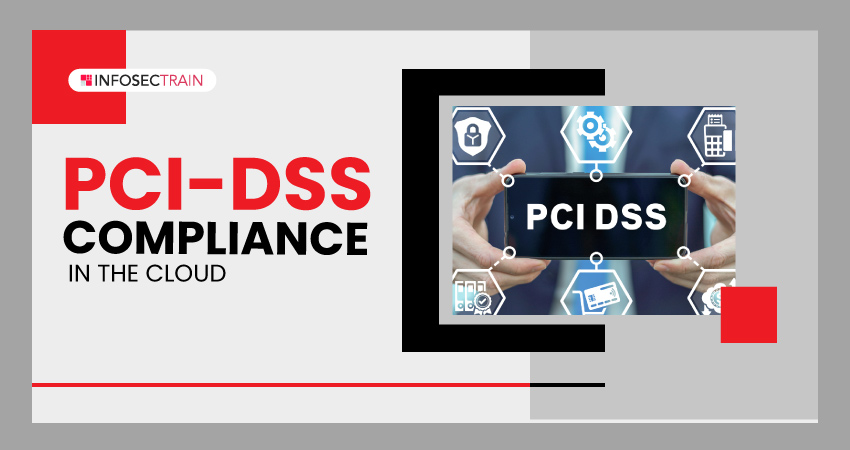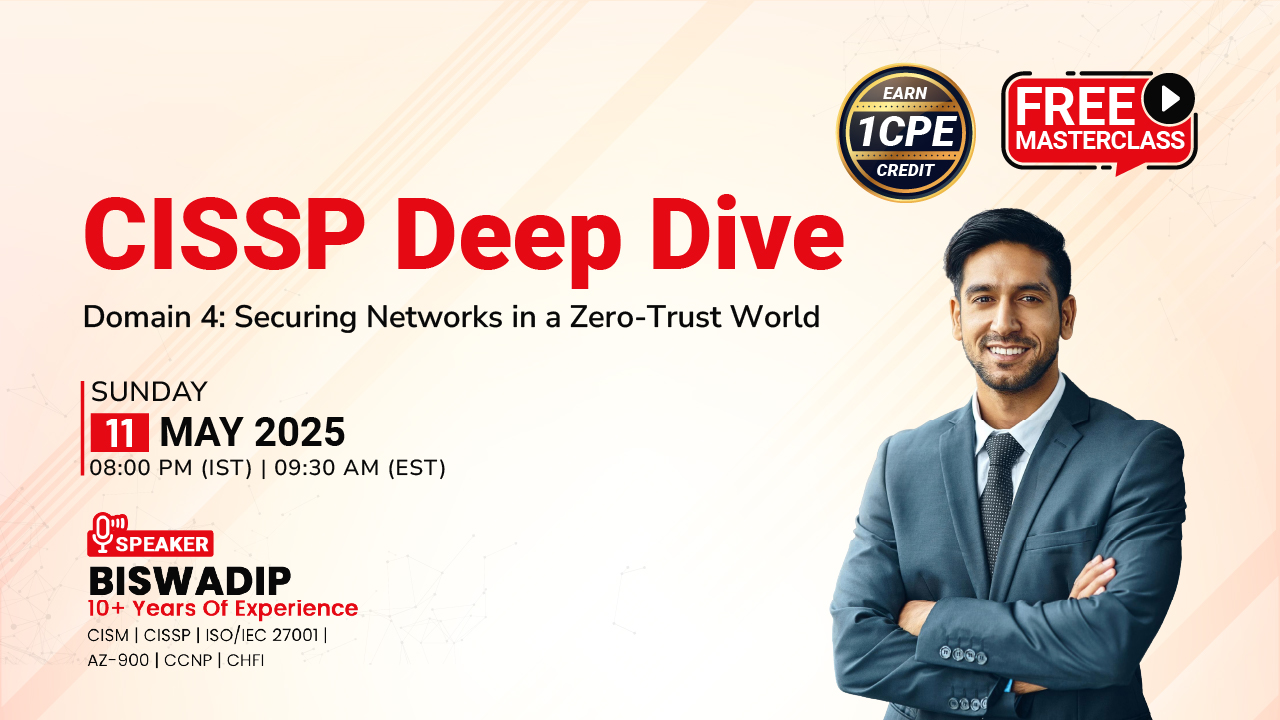PCI-DSS Compliance in the Cloud
PCI-DSS comprises security standards crafted to safeguard sensitive payment card information and mitigate the likelihood of data breaches. If your organization processes credit card transactions, you might be familiar with PCI DSS, a compliance standard initially released in 2004. However, as cloud computing becomes more popular, organizations are now storing and processing credit card data in the cloud. New compliance barriers must be created to secure cloud systems, which differ fundamentally from on-premises settings.

What is PCI-DSS?
The Payment Card Industry Data Security Standard (PCI-DSS) is a set of security requirements that organizations handling credit card payments must adhere to. Data security for cardholders and preventing fraud are its two primary goals. The PCI DSS includes particular technological standards to strengthen and secure the safety of payment card information at every stage, including processing, handling, storage, and transmission. All organizations that handle credit card data, regardless of size, must follow these rules and remain PCI compliant. Non-compliance could lead to substantial fines, legal consequences, and harm to one’s reputation.
PCI DSS Compliance in the Cloud Best Practices
1. Choose a PCI DSS Compliant Cloud Provider:
Choose a cloud service provider with a security and PCI DSS compliance track record. Choosing a cloud provider with a track record of securing sensitive credit card data is essential because some give different levels of security. This ensures the risk of data breaches and non-compliance issues is reduced, and the cloud infrastructure and services you employ will follow PCI DSS standards.
2. Implement Strong Access Controls:
Enforce robust access management procedures by limiting authorized users’ access to cardholder data. Use MFA (Multi-Factor Authentication) and secure password procedures to protect your accounts. This approach enhances security and complies with PCI DSS standards by preventing unauthorized individuals from accessing sensitive payment card information.
3. Use Cloud-Native Security Services:
Utilize the security tools built into your preferred cloud provider. Many cloud services provide built-in security measures to protect the data you save in the cloud. Google Cloud Platform, for instance, offers services like Key Management Service (KMS) for managing encryption keys and Identity and Access Management (IAM) for controlling user access. These services may improve data protection while leveraging your cloud provider’s security expertise.
4. Encrypt Cardholder Data:
Encrypt cardholder data both during storage and transmission to ensure its security. Use robust encryption techniques and restricted encryption key management. This procedure satisfies PCI DSS criteria and improves overall data security by protecting private payment card information from unauthorized access.
5. Use Managed Services:
Select the managed services that your cloud provider offers. Cloud service providers provide various managed services, such as managed firewalls and Security Information and Event Management (SIEM), which can help users comply with PCI DSS regulations. These services, operated by professionals, improve your ability to keep an environment secure and compliant while reducing the load of handling security on your own.
6. Monitor Your Environment for Suspicious Activity:
Be aware of any odd or suspicious activity going on around you. Use security monitoring tools to find and stop unauthorized access to your systems and data. By adopting a proactive strategy, you will be better able to prevent security breaches, secure sensitive data, and comply with PCI DSS requirements.
7. Continuous Security Assessments and PCI DSS Compliance Updates:
Regularly evaluate the security of your cloud environment to discover and address vulnerabilities. Stay current with PCI DSS requirements, as they are periodically updated. Remain informed about the latest standards and incorporate any essential adjustments into your environment. This proactive approach ensures ongoing compliance and keeps your systems resilient against emerging threats.
PCI-DSS with InfosecTrain
A prominent IT training and consulting company, InfosecTrain focuses on a wide range of internationally recognized security certifications. Industry pioneers, including EC-Council, Microsoft, CompTIA, PECB, and ISACA, are among our renowned partners. Our team is made up of knowledgeable educators who are committed to providing top-notch information and who have a wealth of experience in a variety of security-related fields. We also offer extensive training materials to help you prepare for certification tests. InfosecTrain is the best option for PCI-DSS training to gain crucial expertise and knowledge.







 1800-843-7890 (India)
1800-843-7890 (India)